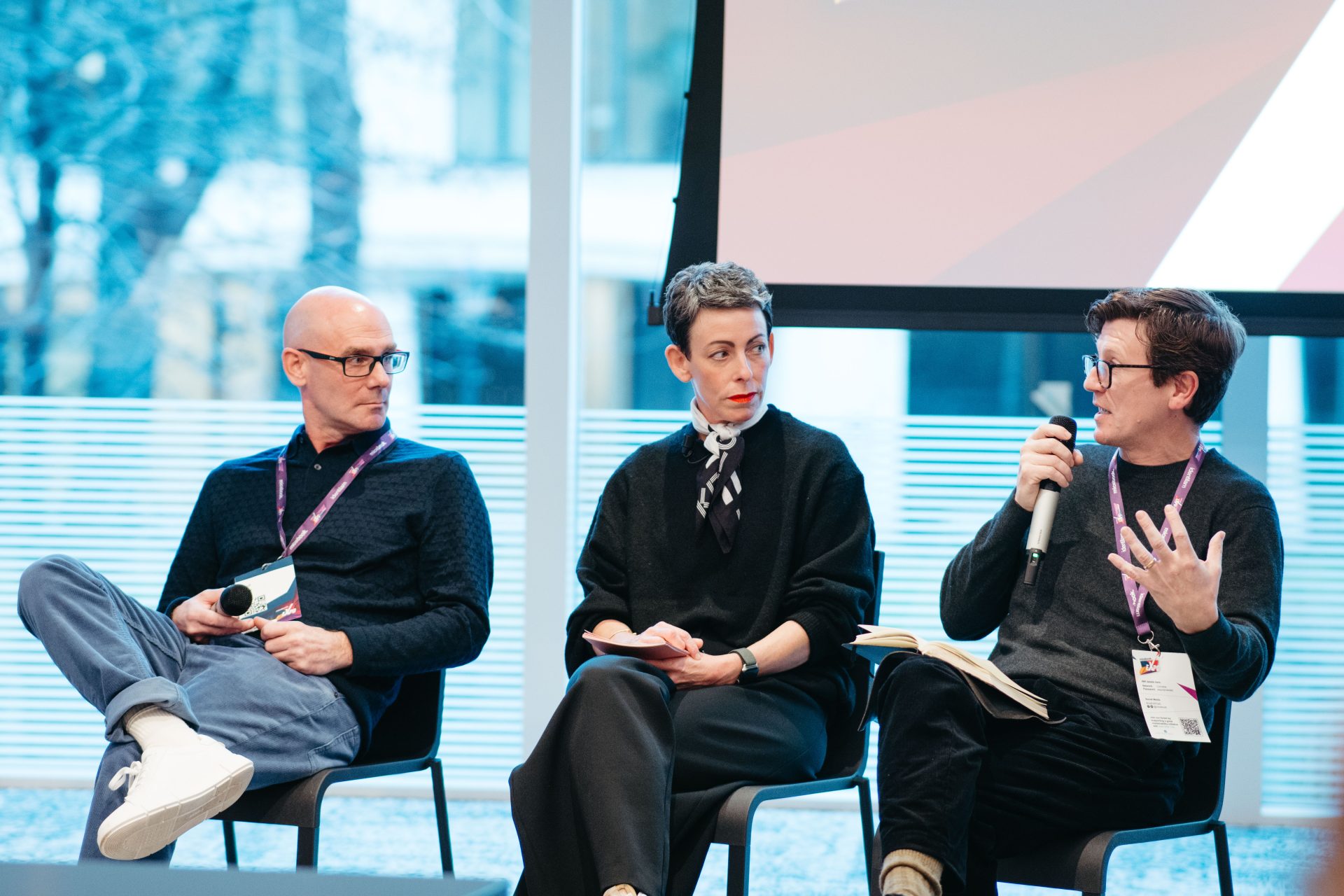At this year’s micebook EXPO, industry experts gathered to discuss the evolving landscape of incentive travel in a panel session titled “Pushing the Boundaries: Where Next for Incentive Travel?”
The panel featured insights from Paul Lake, Creative Experience Designer, søster, David Heron, Director, Yellow Fish and Emma Coleman, Director of Events, Cloud Nine Incentives.
Here are some key takeaways from the session:
The Growing Demand for New and Unexplored Destinations
According to the 2024 Incentive Travel Index, 70% of respondents reported an increased demand for fresh destinations. This trend reflects a growing appetite among attendees for unique, authentic experiences that go beyond the tried-and-tested.
David Heron highlighted: “Ultimately, what really inspires and motivates is the core of everything we do. That ‘money can’t buy’ or ‘wow’ factor—where do you find that? It’s in the mystery of the unknown.”
However, he also noted that while clients show interest in new locations, there’s often hesitation due to perceived risks, adding that building trust between agencies and clients is key to overcoming this barrier.
Rediscovering Familiar Destinations with Fresh Perspectives
Not all clients are ready to venture far off the beaten path. Emma Coleman emphasised the potential of reinventing known destinations: “Destinations are constantly evolving. It’s about digging beneath the surface to create deeper connections—whether that’s living like a local in Tuscany or pairing Cape Town with an off-the-beaten-path adventure in Botswana.”
Adding to this, Paul Lake said: “Pushing boundaries doesn’t always mean finding somewhere completely new. It’s about uncovering stories within destinations that people think they know but haven’t truly experienced.” This reflects the idea that even familiar places can feel fresh with the right creative approach.
The Journey is Part of the Experience
While direct flights and seamless logistics remain important, there’s a shift towards embracing the journey itself as an integral part of the incentive experience.
Heron explained: “It’s not just about the destination—it’s about the journey. If you position a transfer as part of the adventure, it transforms the perception. A five-hour road trip can be an epic story if framed right.”
This mindset opens up opportunities for more remote destinations, as long as the journey feels intentional and enriching.
Sustainability and Community Impact Are No Longer Optional
Sustainability has evolved from a buzzword to a core consideration in program design. The panel stressed that it’s not just about offsetting carbon footprints but creating meaningful, positive impacts on local communities.
Lake said: “Regenerative travel is the goal—leaving a place better than we found it. It’s about traveling with purpose, whether that’s through community-focused activities or choosing destinations that benefit from off-season tourism.”
Authentic community engagement, such as participating in local festivals or supporting small businesses, adds depth to the attendee experience while fostering responsible tourism.
The Importance of Trust and Collaboration
One recurring theme throughout the session was the importance of strong partnerships—between agencies, clients, and suppliers. Building trust allows for bolder ideas and encourages clients to step outside their comfort zones.
As Coleman put it, “Trust is everything. When you have honest, open relationships with clients and partners, that’s when you can truly push the boundaries.”
Emerging Trends Shaping the Future of Incentive Travel
The panelists also shared their predictions for destinations and trends on the horizon:
- Hot Destinations: Montenegro, Slovenia, Colombia, Albania, and even destinations like Montana (USA) are gaining traction.
- Long-Haul with Purpose: Destinations like Sydney could see a resurgence with improved flight routes and higher budgets for smaller, high-impact groups.
- Soft Adventure: Destinations offering “comfortable adventure” experiences—think Iceland, Norway, or Patagonia—are appealing to a broader range of incentive winners.
- Natural Events: Tying programs to natural phenomena (like lunar eclipses) or cultural festivals offers once-in-a-lifetime experiences.

